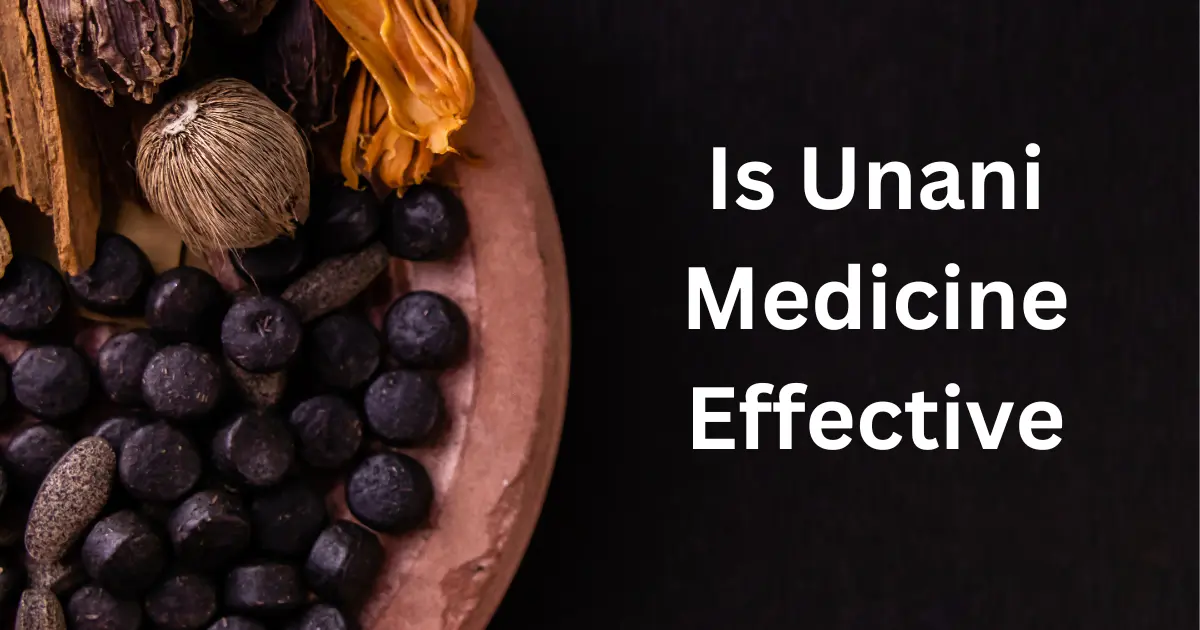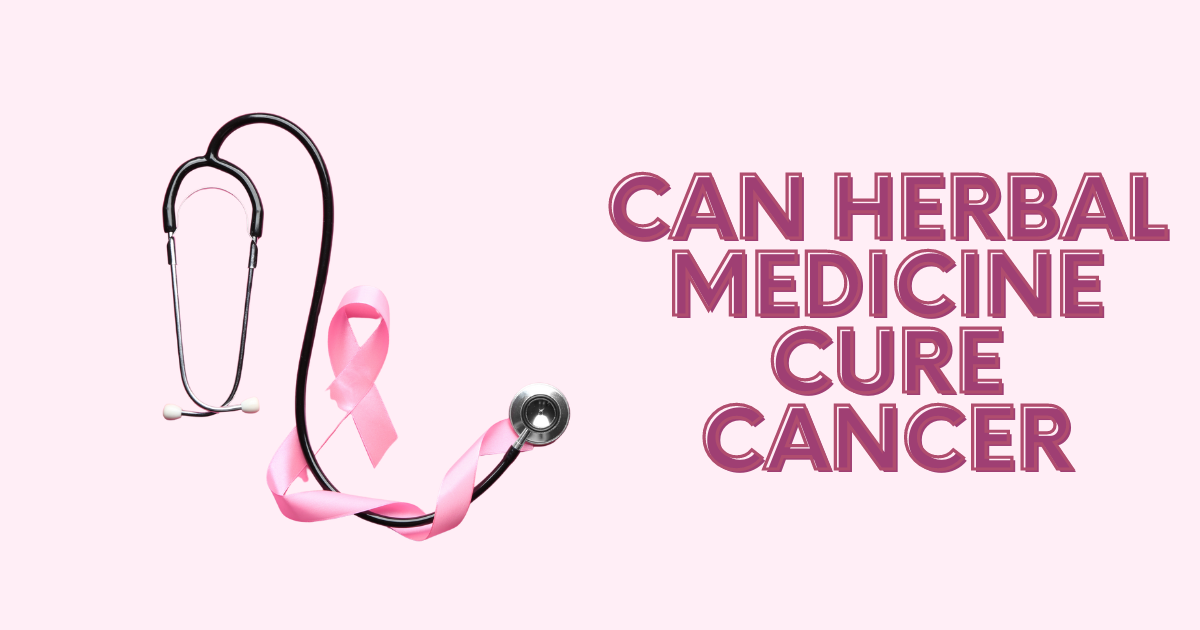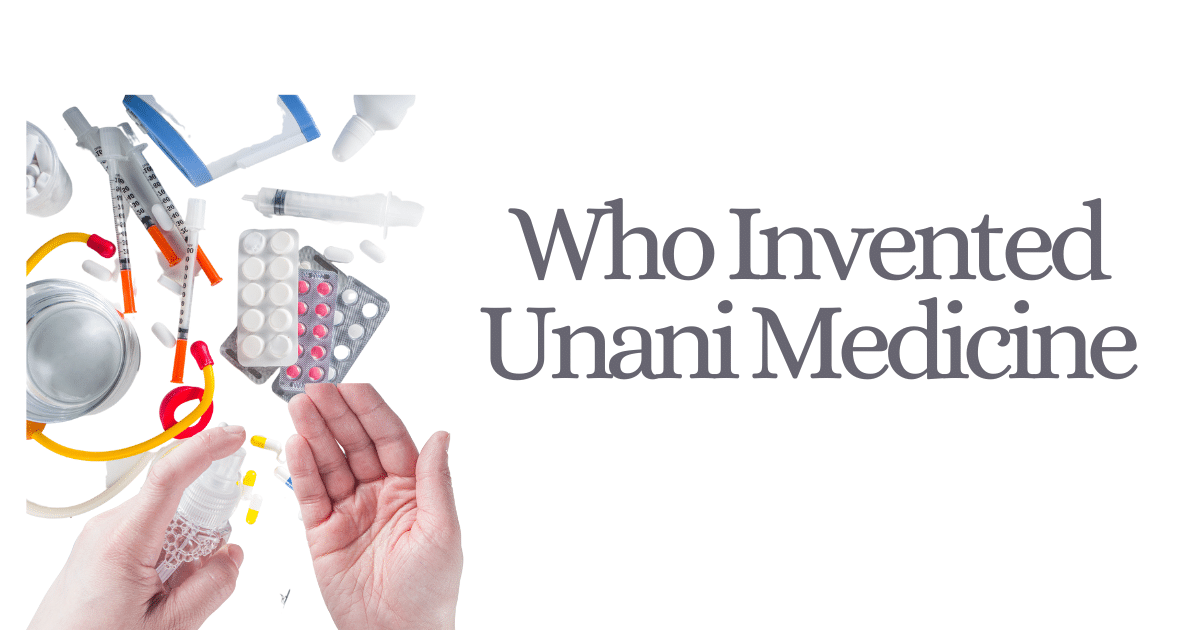Is Unani Medicine Effective

A comprehensive medical system rooted in ancient Greece, Unani medicine has developed over many years. Unani medicine has a long history and focuses on natural cures; it is still used today. To better grasp the Unani medical system’s principles and efficacy, we’ll review them in this blog post.
A Quick Overview of Unani Medicine
The concepts of humorism and the teachings of the Greek physician Hippocrates form the foundation of Unani medicine. It holds that the four vital body fluids—blood, phlegm, yellow bile, and black bile—must be in equilibrium. An individual is seen as healthy when these humors are balanced, and any imbalance might result in sickness.
The Unani Medical Principles
Tabiyat (Nature): According to Unani practitioners, each person has a unique constitution (Minaj) that is impacted by the preponderance of different humours. The goal of treatment is to get this balance back.
Akhlat (Humors): It’s essential to comprehend how the body’s humors interact. Unani doctors utilize a range of diagnostic techniques to identify imbalanced moods.
Mizaj (Temperament): A person’s body’s temperament affects how they react to therapy. The use of unorthodox drugs and treatments depends on the patient’s character.
Four elements are recognized by Unani medicine: earth, water, air, and fire. Unani medicine holds that these elements impact the medicinal characteristics of herbs and medications.
Quwwat-e-Mudabbira (Regulating power): This natural bodily power promotes equilibrium and is essential for good health.
Does Ayurvedic Medicine Work?
Like any ancient treatment technique, the effectiveness of Unani medicine depends on the illness, the practitioner’s expertise, and the patient’s response. It has successfully treated various acute and chronic conditions, including gastrointestinal, respiratory, skin, and musculoskeletal issues.
Herbs, minerals, and dietary changes are among the natural therapies used in Unani medicine. The health benefits of several of the herbs utilized have been researched, and some of those studies have produced encouraging findings.
Conclusion
Unani medicine is a holistic healing tradition with a long history emphasizing reestablishing the body’s natural equilibrium. The ailment being treated, the practitioner’s experience and the patient’s unique response are some variables that affect how effective it is.
Unani medicine may provide helpful information and treatments for anyone seeking complementary or alternative healthcare modalities. It’s essential to approach it with an open mind and seek the advice of certified Unani medical professionals who can offer specialized care.
In conclusion, Unani medicine has withstood the test of time and is still utilized in some global healthcare systems. Many people who have experienced comfort and healing thanks to its holistic principles and natural medicines have acknowledged its usefulness even though this is a subjective claim.




